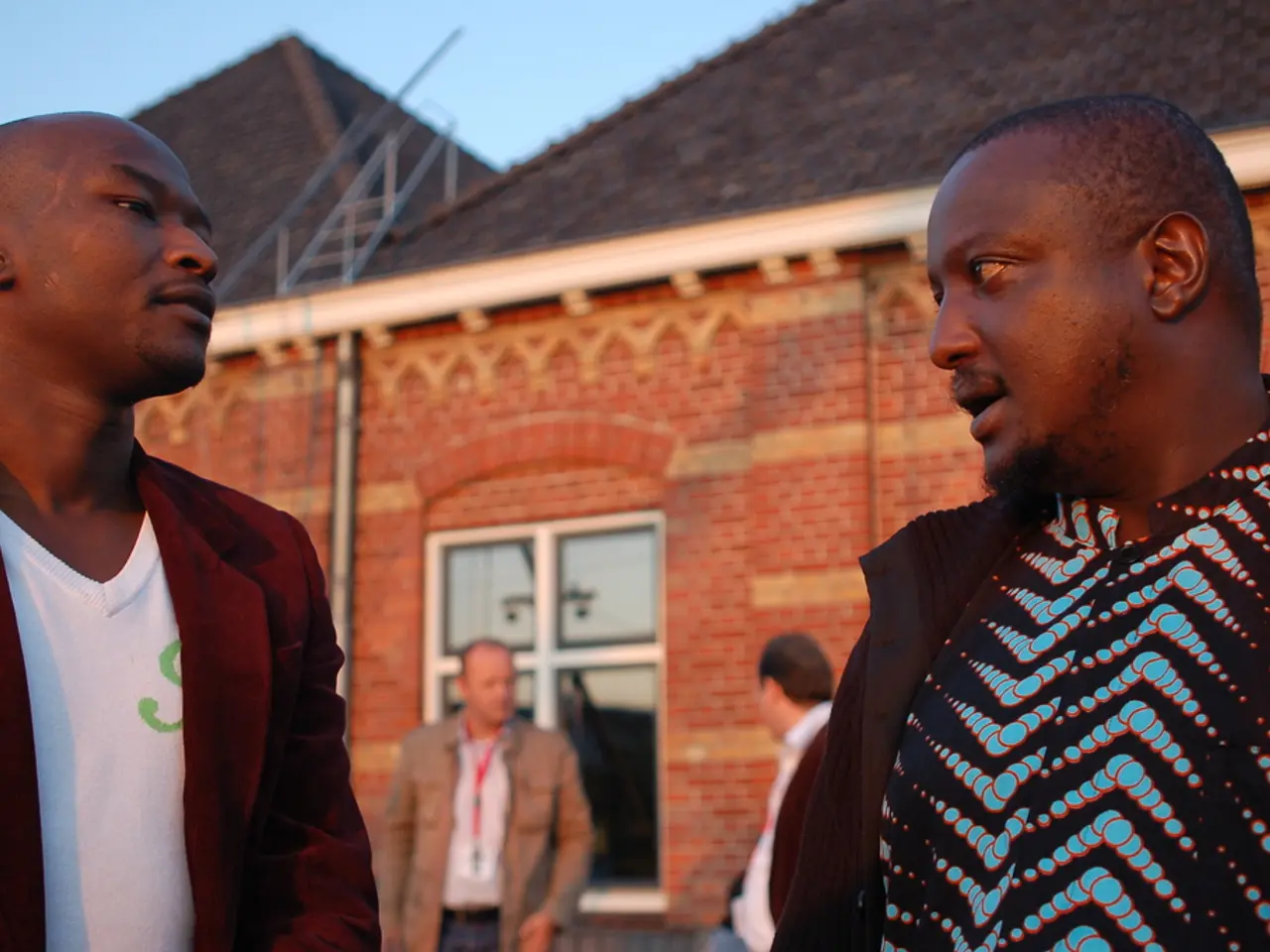Young people should disregard alluring offers, the Constitution serves as their protector
In the heart of East Africa, Kenya, a country renowned for its robust and progressive constitution, faces challenges in enforcing electoral laws and upholding constitutional values. This situation, largely due to a combination of factors, has led to early political campaigns and violations of electoral laws.
Youth leader Kailemia from Meru has emphasized the need for civic education, stating that it should be central to Kenya's democracy. His engagement with young people has shown him the lack of civic knowledge among them, a gap that, if filled, could help foster demand for accountability and strengthen public participation in decision-making.
The enforcement of electoral laws and constitutional values in Kenya is weak due to several key reasons. Toothless parliamentary oversight, executive dominance, ambiguous and weak regulations, a political culture that tolerates early and informal campaigning, and limited civic education and public participation are some of the main culprits.
Parliament's ineffectiveness in checking the executive is evident in its tendency to rubberstamp executive decisions, ignore audit recommendations, and fail to hold government agencies accountable, including over election processes and campaign financing. Only 21% of parliamentary audit recommendations have been fully implemented, with many ignored, fostering impunity.
The executive's overriding influence, including interference with independent institutions and the judiciary, undermines the enforcement of laws and democratic values. While Kenya’s judiciary still shows some independence, it faces corruption accusations and pressure from political actors.
Ambiguous and weak regulations, such as insufficiently robust electoral laws, campaign finance rules, and constitutional provisions, allow manipulation. The political environment encourages early and informal campaigning well before legally allowed periods, partly because laws are not effectively enforced and institutions lack capacity or will to intervene.
To strengthen accountability and civic education, several steps are crucial. Empowering parliamentary oversight, strengthening institutional independence, clarifying and enforcing legal frameworks, promoting civic education, engaging civil society and media, and deploying strategic litigation and public interest law are all essential measures.
By addressing institutional weaknesses and enhancing civic knowledge, Kenya can improve enforcement of electoral laws, curb early illicit political campaigns, and strengthen constitutional democracy. This is a call to action for all Kenyans, particularly youth leaders like Kailemia, to prioritize civic education and work towards a more accountable and informed citizenry.
Meanwhile, a recent tragedy has underscored the need for improved governance. A road crash in Kisumu resulted in 20 fatalities, raising questions about the state's response to public safety issues. As Kenya navigates these challenges, the future of its democracy hangs in the balance.
[1] Constitution of Kenya Review Commission Report (2010) [2] Independent Electoral and Boundaries Commission (IEBC) Report (2017) [3] National Cohesion and Integration Commission (NCIC) Annual Report (2019) [4] Ethics and Anti-Corruption Commission (EACC) Annual Report (2020) [5] National Land Commission (NLC) Report (2021)
- The weakness in enforcing electoral laws and upholding constitutional values in Kenya is exacerbated by a lack of civic education, which, according to youth leader Kailemia, is crucial for strengthening Kenyan democracy and fostering demand for accountability.
- In the realm of policy and legislation, it is imperative to clarify and enforce legal frameworks, promote civic education, engage civil society and media, and deploy strategic litigation and public interest law to strengthen accountability and ensure a more informed citizenry.
- Beyond politics, general news also highlights the need for improved governance, as seen in the Kisumu road crash tragedy, which underscores the importance of addressing institutional weaknesses and advancing public safety.




